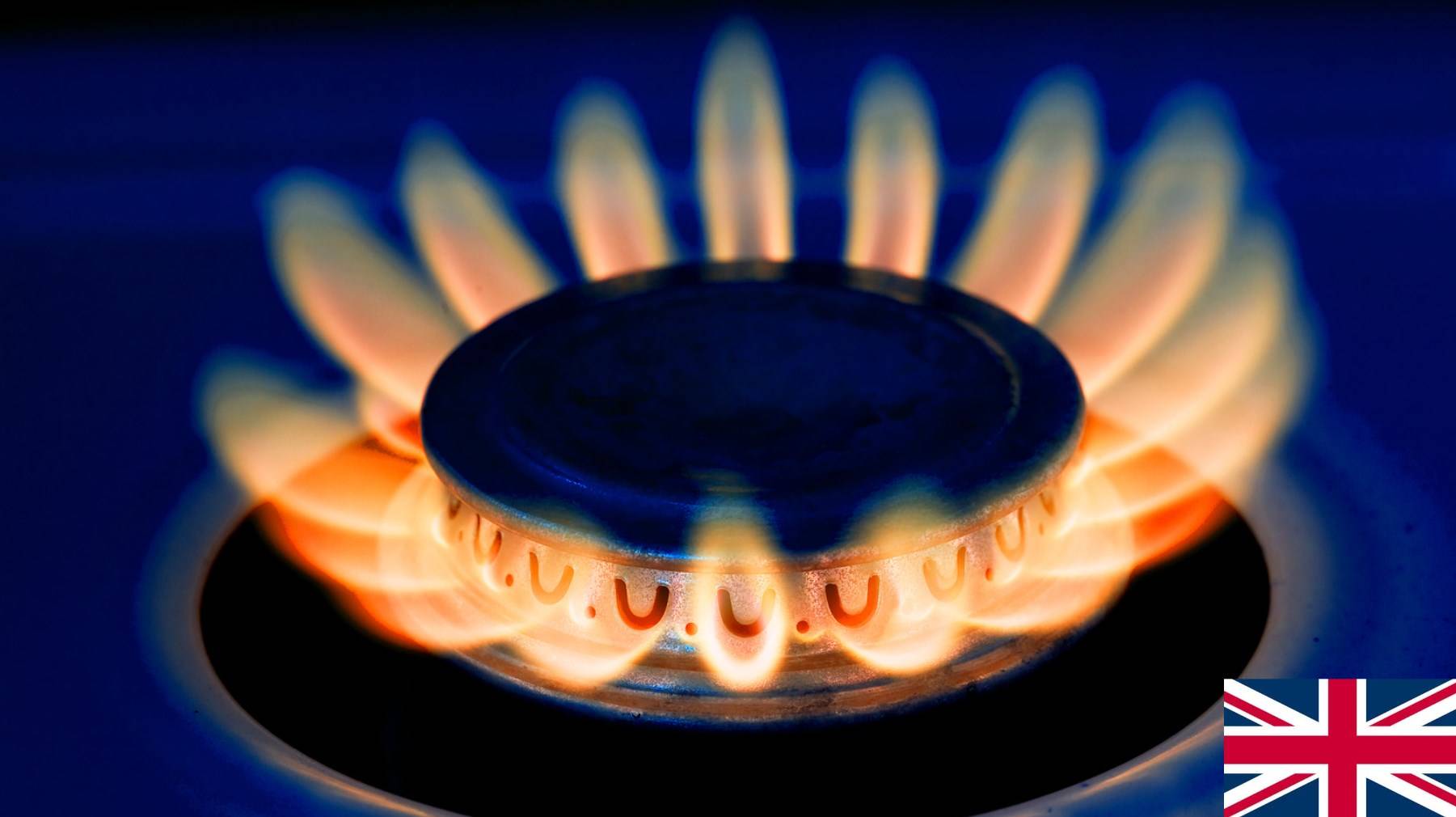The landscape of UK energy prices in 2024 presents both challenges and opportunities for consumers. With prices expected to rise due to various factors, it is crucial for individuals to stay informed and take proactive measures to manage their energy costs effectively. This article delves into the driving forces behind the rising energy prices, offers predictions for the future, and provides actionable advice for consumers looking to mitigate the impact on their household budgets.
Factors Influencing 2024 UK Energy Prices
Increasing Demand for Energy
As the UK economy continues to grow and more households adopt electric vehicles and other energy-intensive technologies, the demand for energy is steadily increasing. This surge in demand puts upward pressure on energy prices, as suppliers strive to meet the growing needs of consumers. Additionally, population growth and urbanization further exacerbate the demand-supply imbalance.
Government Policies Promoting Renewable Energy
The UK government’s commitment to reducing carbon emissions and promoting renewable energy sources is another significant factor influencing energy prices. Policies aimed at phasing out fossil fuels and increasing the share of renewable energy in the national grid require substantial investment in infrastructure and technology. These costs are often passed on to consumers, contributing to higher energy bills.
Global Events Impacting Energy Supplies
Global geopolitical events, such as conflicts in energy-producing regions and international trade disputes, can disrupt the supply of energy commodities like oil and natural gas. Such disruptions lead to price volatility and uncertainty in the energy market, ultimately affecting consumer prices in the UK. Additionally, extreme weather events linked to climate change can damage energy infrastructure and disrupt supply chains, further driving up costs.
Predictions for Future UK Energy Prices
Continued Price Increases
Experts predict that UK energy prices will continue to rise in 2024 and beyond. The ongoing transition to renewable energy sources, coupled with increasing demand and supply chain disruptions, suggests that higher prices are likely to persist in the long term. This trend underscores the importance of consumers taking proactive steps to manage their energy usage and expenses.
Impact of Energy Price Cap Adjustments
The recent decrease in the energy price cap offers some temporary relief for consumers. However, the long-term effectiveness of this measure is uncertain, as the underlying factors driving price increases remain unchanged. The price cap may provide short-term stability, but consumers should not rely solely on this mechanism to manage their energy costs.
Potential for Fixed Energy Deals
Fixed energy deals, which lock in prices for a specified period, may become more attractive to consumers looking to shield themselves from future price hikes. While these deals can offer predictability and protection against market fluctuations, it is essential for consumers to thoroughly compare available tariffs and consider their individual energy consumption patterns before committing to a fixed-rate plan.
Consumer Advice for Mitigating Rising Energy Prices
Switch to Cheaper Energy Suppliers
One of the most effective ways to reduce energy bills is to switch to a cheaper energy supplier. The UK energy market is highly competitive, with numerous providers offering various tariffs and incentives to attract customers. Consumers should regularly compare prices and consider switching suppliers to take advantage of better deals and lower rates.
Improve Home Insulation
Improving home insulation is a long-term investment that can significantly reduce energy consumption and lower heating costs. Properly insulated homes retain heat more effectively, reducing the need for continuous heating during colder months. Consumers should consider upgrading insulation in walls, roofs, and windows to enhance energy efficiency and reduce bills.
Reduce Energy Consumption
Simple changes in daily habits can lead to substantial energy savings. Consumers should aim to reduce their energy consumption by adopting energy-efficient practices, such as:
- Turning off lights and appliances when not in use
- Using energy-efficient LED bulbs
- Setting thermostats to lower temperatures
- Washing clothes at lower temperatures
- Air-drying clothes instead of using tumble dryers
Embrace Energy-Efficient Technologies
Investing in energy-efficient appliances and technologies can lead to long-term savings on energy bills. Consumers should consider upgrading to:
- Energy-efficient boilers and heating systems
- Smart thermostats that optimize heating and cooling
- Energy-saving kitchen appliances
- Solar panels to generate renewable energy
Stay Informed About Available Tariffs
Consumers should stay informed about the latest energy tariffs and offers available in the market. Regularly reviewing and comparing energy plans can help identify opportunities to switch to more cost-effective options. Online comparison tools and websites provide valuable resources for evaluating different tariffs and making informed decisions.
Conclusion
In conclusion, the rising energy prices in the UK present a significant challenge for consumers. However, by understanding the factors driving these increases and taking proactive measures, individuals can mitigate the impact on their household budgets. Switching to cheaper energy suppliers, improving home insulation, reducing energy consumption, embracing energy-efficient technologies, and staying informed about available tariffs are all effective strategies to manage and reduce energy costs. By adopting these practices, consumers can not only protect themselves from escalating prices but also contribute to a more sustainable and energy-efficient future.



